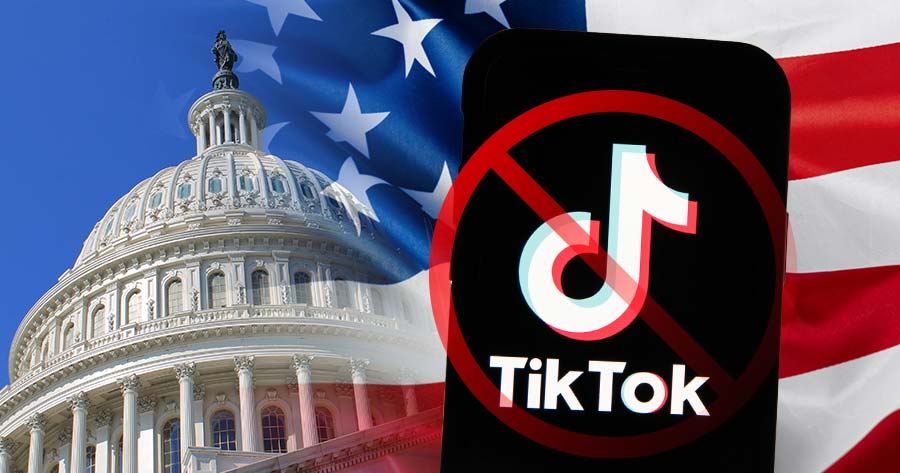In a hearing before a federal appeals court on Thursday, TikTok disputed the U.S. Department of Justice’s claims regarding the social media app’s connections to China, urging the court to reverse a law mandating China-based ByteDance to sell TikTok’s U.S. operations or face a ban.
TikTok, in its attempt to challenge the law, contended that the Justice Department has inaccuracies in the case. Legal representatives from the department asserted recently that the app presents a national security hazard by potentially enabling the Chinese government to gather data from Americans and discreetly influence the content they are exposed to.
TikTok emphasized that its content recommendation system and user data are stored in the U.S. on cloud servers managed by Oracle, and content moderation decisions impacting U.S. users are made locally.
Enacted by President Joe Biden on April 24, the law provides ByteDance until Jan. 19 to sell TikTok or risk a ban. The administration aims to eliminate Chinese ownership on national security grounds without imposing a ban on TikTok.
The appeals court is scheduled to conduct oral arguments on the legal dispute on Sept. 16, placing TikTok’s future under scrutiny in the lead-up to the Nov. 5 presidential election.
Republican presidential candidate Donald Trump has recently become a user of TikTok and declared in June that he is opposed to implementing a ban on the platform, while Democratic presidential candidate Vice President Kamala Harris joined TikTok in July and incorporated social media as a cornerstone of her campaign strategy.
TikTok contended that the law would infringe upon the company’s freedom of speech, challenging the Justice Department’s assertion that the app’s content curation decisions constitute “the speech of a foreigner” and are not safeguarded by the U.S. Constitution.
The law prohibits app stores like Apple and Google’s Alphabet from offering TikTok and forbids internet hosting services from supporting TikTok unless it is divested by ByteDance. Amid concerns about Chinese access to American data, Congress swiftly passed the legislation shortly after its introduction.





